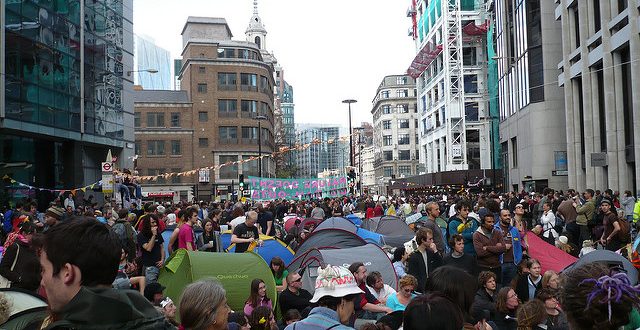Efforts to tackle climate change have been hamstrung by a disconnect between national and international policy-making bodies and citizens. This often results in governments adopting unrealistic targets that they have no idea how to achieve, while individual citizens are left wondering what, if anything, we should be doing.
Perhaps the problem is that while states and international bodies are well placed to gather data and set broad policy objectives, putting policy into practice needs to be devolved. This is what Canadian journalist Altaf Arain proposes:
“In fact, cities may be the best warriors against climate change, especially when they work in concert to limit the direct and indirect sources of the greenhouse gas emissions that have brought us to the brink of crisis.
“Cities are the first to feel the impact of the disasters that climate change is bringing to many parts of the world through extreme weather such as drought that kills crops and drives people out of the parched countryside and into crowded cities, flooding that destroys lives and property with impunity and heat waves that kill frail and vulnerable people.
“We can make things better if we drive less and reduce our consumption and waste, especially our greenhouse gas emissions. Those simple goals, though, require integrated work among committed partners from different fields.”
Arain argues that a city is large enough to experience the impacts of climate change first-hand, but small enough to achieve genuine participation from a coalition of citizens, businesses and public authorities. This argument will no doubt resonate in the UK, where central government talks about reducing carbon emissions, while acting to ensure they continue to rise. Perhaps it is time for campaigners to hold local authorities to account for their inaction on climate change.




